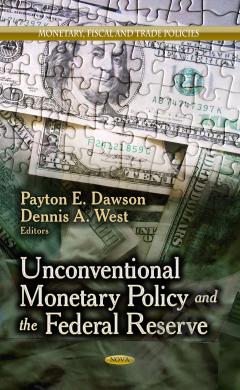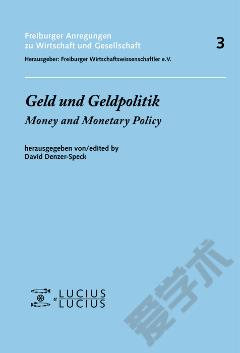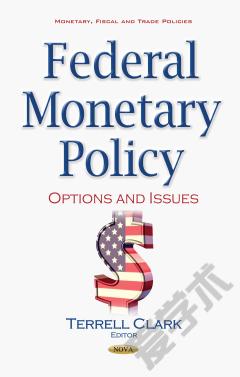Unconventional Monetary Policy and the Federal Reserve
The "Great Recession" and the ensuing weak recovery have led the Federal Reserve (Fed) to reevaluate its monetary policy. Since December 2008, overnight interest rates have been near zero; at this "zero bound," they cannot be lowered further to stimulate the economy. As a result, the Fed has taken unprecedented policy steps to try to fulfill its statutory mandate of maximum employment and price stability. Congress has oversight responsibilities for ensuring that the Fed's actions are consistent with its mandate. This book analyzes the economic effects of these programs, the current economic context in which these policies have been adopted, policy alternatives that the Fed has not pursued to date and their potential effects, potential legislative options for restricting the Fed's pursuit of unconventional monetary policy, and issues surrounding the eventual "exit strategy" from unconventional policy.
{{comment.content}}








 京公网安备 11010802027623号
京公网安备 11010802027623号